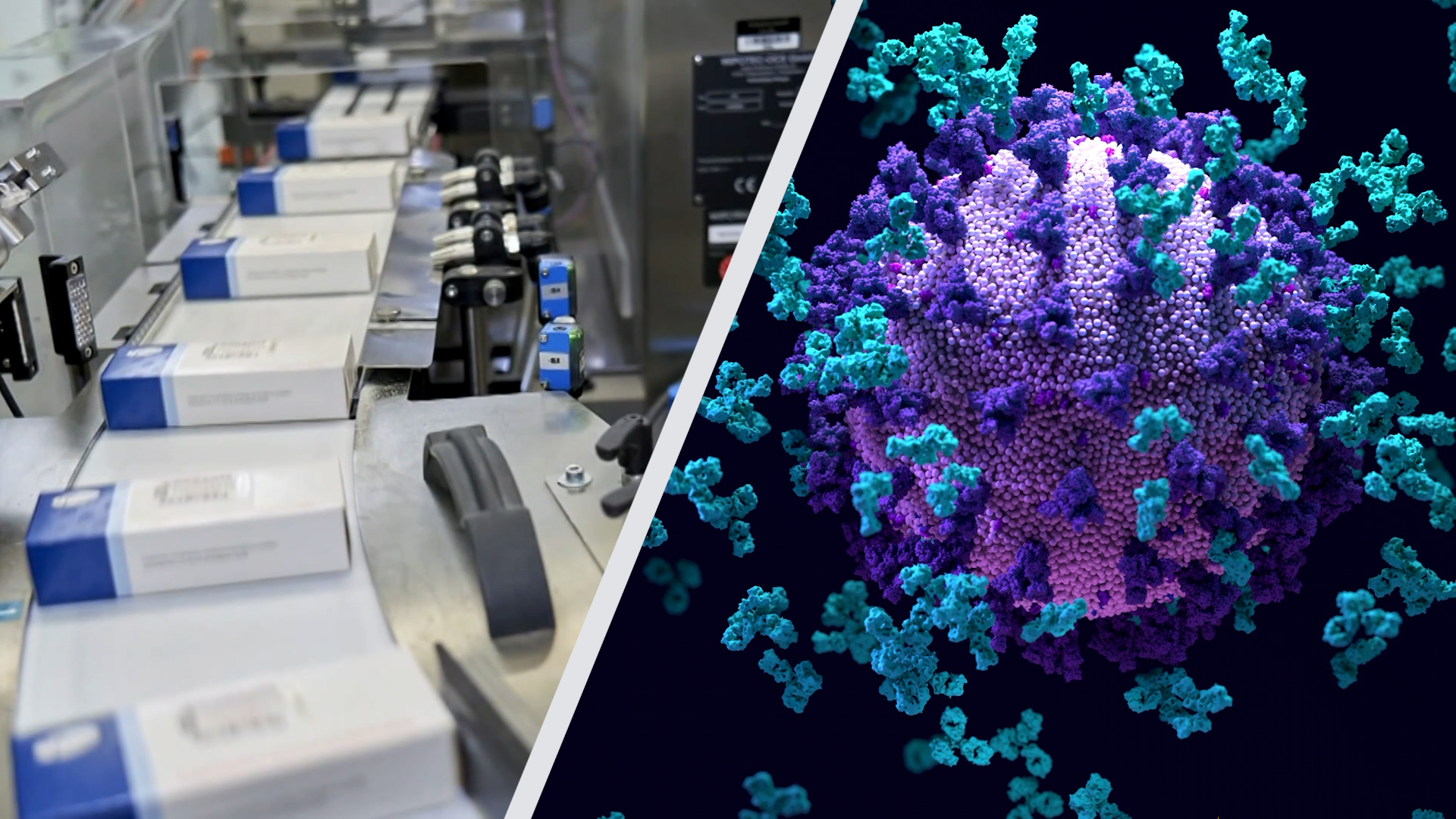Amid a rising tide of omicron subvariants and community immunity, Boston doctors say this summer will look a lot different than last.
A lot has changed in a year. In June 2021, the delta variant was rapidly emerging as the dominant strain. Now, the omicron variant has taken over, with two new highly-contagious omicron subvariants on track to supersede it.
WATCH ANYTIME FOR FREE
Stream NBC10 Boston news for free, 24/7, wherever you are. |
While the virus has evolved, immunity has also grown substantially. Over one million more people have been vaccinated since this time last year, and about as many have been infected with COVID-19.
Despite their aversion to making predictions, Tufts Medical Center's Dr. Shira Doron, Boston Medical Center's Dr. Benjamin Linas and Brigham and Women's Hospital's Dr. Daniel Kuritzkes shared their thoughts on what the summer might look like during NBC10 Boston's latest "COVID Q&A" discussion.
Get updates on what's happening in Boston to your inbox. Sign up for our News Headlines newsletter.
Higher level of COVID, lower level of risk
The biggest difference is that this year there is a much higher level of coronavirus transmission in the community heading into the summer months.
By the end of June in 2021, coronavirus numbers were at or near record lows. The seven-day average of new, confirmed cases was in the 70s this time last year, compared with a seven-day average now of over 1,000 cases.
"It is a logistically more challenging summer because there's so much more COVID really out there in the community than there was this time last year," Doron said. "At the same time, the individual risk is actually lower."
The vast majority of Massachusetts -- over 5.4 million people -- are now fully vaccinated. At the end of June 2021, more than 4.2 million people were fully vaccinated in the Bay State.
Adding to the protection of vaccinations over the last year is natural immunity. On June 29, 2021, a total of 663,729 had been infected with COVID-19 since the start of the pandemic. Today's total confirmed case count exceeds 1.7 million.
It is a logistically more challenging summer because there's so much more COVID really out there in the community than there was this time last year. At the same time, the individual risk is actually lower.
Dr. Shira Doron, Tufts Medical Center Hospital Epidemiologist
"It's so different in every way that matters, because on the one hand, we have so much more immunity as a population," Doron said. "On the other hand, as somebody who does a lot of volunteer work with schools and camps and extracurricular programs, it is a much harder summer."
Every camp she worked with last summer had zero cases, she said. Now, sleepaway camps are already seeing outbreaks among staff, forcing some to delay their openings.
Despite the high level of COVID in Massachusetts, the U.S. Centers for Disease Control and Prevention lists nearly every county as low risk on their interactive map.
"On the one hand, to call our counties green is right for people who are not immunocompromised and vaccinated or recently previously infected," Doron said. "On the other hand, if you are high risk, a green county may not be properly conveying to you what your risk is."
Heading into a holiday weekend
Since people have resumed many of their pre-pandemic habits and activities, Doron said it's unlikely that we'll see post-holiday spikes like we did last Fourth of July, when more than 130 people tested positive for coronavirus in Provincetown.
Many people are already spending a lot of time indoors, going to concerts and other large gatherings, she noted. But that may not be the best decision for high-risk individuals.
"We're certainly in a different phase of the pandemic. And we're certainly in a phase where there are very few rules, there are very few restrictions and where people are having to assess the situation and make decisions about their own personal risk tolerance," Doron said. "For that we really still, I think, need to hone in on what the right communication mechanism is for people to understand what the risk is."
The issue becomes an important question for immunocompromised people, according to doctors, which requires a risk-benefit calculation. The answer can be different depending on people's risk of getting a severe case of COVID-19.
Get updates on what's happening in Boston to your inbox. Sign up for our News Headlines newsletter.
"It's a really difficult time. We're in this phase where folks are expected to make individual decisions about the risks they want to take, and the behaviors they wish they want to engage. I think we have learned a lot though in two years that can help people as we go into Fourth of July," Linas said.
Anything outdoors, including parades, outdoor gatherings and fireworks, are likely safe, according to Linas and Kuritzkes, especially for people who have been vaccinated or were recently infected.
"I think that people can happily engage in those normal activities and enjoy that and not worry," Linas said. "I think where it gets difficult is thinking about going to restaurants and bars. We know that's where transmission happens -- indoor crowded indoor settings -- and that's where I think people need to make their decisions over the Fourth of July weekend."
"I agree," Kuritzkes said. "I think, you know, if you're planning to go down to the Esplanade to watch the fireworks you can do so safely, but I would wear a mask if you're taking the T to get there and to get home."



